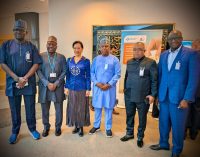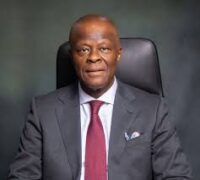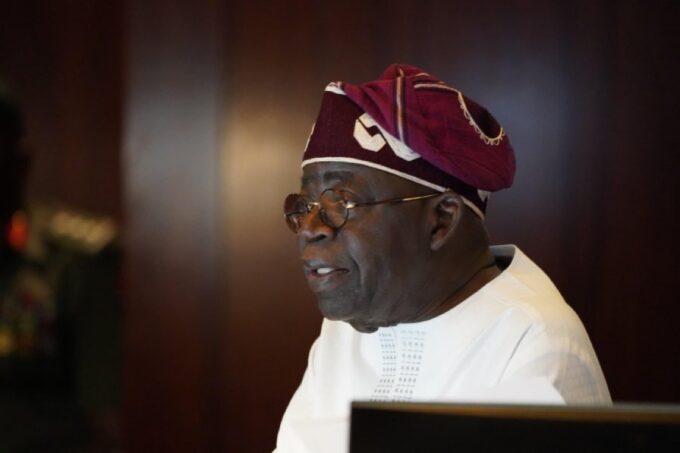The Minister of Power, Adebayo Adelabu, has announced that Nigeria is in talks with the Export-Import Bank of China (China Eximbank) for a $2 billion loan to finance the construction of a national “super grid,” to ease the country’s power shortages.
The power grid has experienced multiple collapses over the years, often attributed to inadequate generation capacity, transmission constraints, and technical faults.
Adelabu, who made this disclosure during an economic summit in Abuja on Monday, said project aims to address long-standing energy shortfalls that have hindered economic growth and industrial development for years.
According to the minister ,the project is part of government efforts to decentralise power generation and encourage large-scale industrial users who left the national grid due to its unreliability to reconnect.
The minister, who disclosed that the Federal Executive Council has already approved financing for the project, also disclosed that new transmission infrastructure will link the eastern and western regions of the country, where most of Nigeria’s industrial consumers are located.
“It’s part of plans to decentralise power generation in Nigeria and get the heavy commercial users that left the power grid because of its unreliability to return,” he said.
While stating that the proposed super grid would improve transmission efficiency and ensure more power reaches industrial zones, Adelabu also revealed that recent tariff adjustments for urban consumers have improved industry revenues by 70% in 2024 and are projected to rise further by 41% to N2.4 trillion ($1.6 billion) this year.
READ ALSO: Poor Nigerians, Others To Get Tariff Relief Package Under Electricity Act-NERC Boss
The situation of Dangote Industries underscores the challenges in the current system. Despite being one of Nigeria’s largest energy consumers, the conglomerate runs its own power plants, generating over 1,500 MW.
It is among more than 200 companies and institutions that have turned to self-generation through thermal and solar facilities, which collectively produce over 6,500 MW—surpassing the national grid’s effective output of about 4,500 to 5,000 MW.
This growing reliance on captive power highlights the private sector’s declining confidence in the national supply. The proposed “super grid” seeks to restore trust by offering more reliable and affordable electricity, encouraging industries to reconnect to the federal network.
According to the International Energy Agency (IEA), about 86 million Nigerians still lacked access to electricity in 2022, giving the country the world’s largest energy access deficit.
Despite an installed capacity of roughly 13 GW, only a fraction of that power reaches end users, leaving Nigeria lagging behind regional peers like South Africa, which operates nearly 70 GW despite having a much smaller population.
Since 2023, the Tinubu administration has rolled out reforms to revive the energy sector, including the removal of fuel subsidies and adjustments to electricity tariffs.











